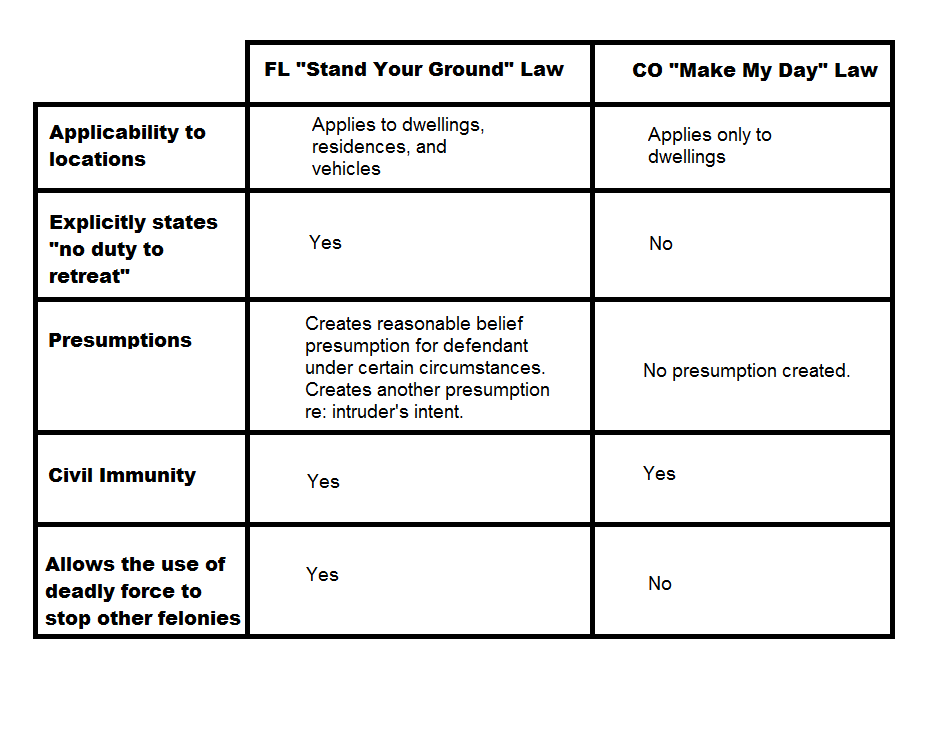by Jery Payne
The year was 1619. Although the colony of Virginia had yet to produce much in the way of profit, the years of starvation were at last over. The Virginia Company, who owned the colony because of a patent granted by King James I, had made a decision. The company decided that the necessity for martial law had passed, so it sent a new governor, George Yeardley, with instructions:
And that they might have a hande in the governinge of themselves, yt was graunted that a generall Assemblie shoulde be helde yearly once, whereat were to be present the Govr and Counsell wth two Burgesses from each Plantation, freely to be elected by the Inhabitants thereof, this Assemblie to have power to make and ordaine whatsoever lawes and orders should by them be thought good and proffitable …
This was actually Virginia’s third form of government, and historians have claimed that this grant was less motivated by a desire to advance the cause of representative government than by a desire to find a form of government that actually worked.
Four hundred years ago, these instructions led to the first elected legislature meeting in the new world. Its first law required tobacco to be sold for at least three shillings per pound. They passed laws concerning such things as contracts, drunkenness, and gambling. They also sat as a court, where they sentenced a man to four days with his ear nailed to a pillory. They finished their work in six days.
Small seeds grow mighty trees. Patrick Henry, Thomas Jefferson, and George Washington all served in the Virginia House of Burgesses.
To be sure, the new world’s first legislature didn’t always advance freedom. During its first century, its laws transformed indentured servitude to slavery. Before that, the colony had followed the biblical rule that a servant was free after seven years. But for people of African descent, a series of laws evolved this into the chattel slavery that led to the Civil War.
And some of their campaign practices would shock modern sensibilities. At a time when a day’s travel was about 30 miles, voting was an all-day affair. A person would come off a dusty road parched and tired. So the candidates would offer the voter a few drinks, such as rum, beer, or cider. This was known as “treating.”
In his first election, George Washington refused to treat the voters; he received 40 out of 541 votes. In his second election, his campaign bought 160 gallons of libations for the voters. He won that election.
Yet, for all its failings, the House of Burgesses inspired other colonial legislatures and made the colonists used to ruling themselves. Each colony eventually followed Virginia’s example and established a legislature. Self-government became a tradition they would not give up lightly. When the British Parliament levied taxes on the colonists, their protests and eventual rebellion were embodied in the cry “No taxation without representation!”
The 1765 Stamp Act taxed the colonists without their leave. It enraged many of the colonists and led to months of protests. On May 29, Patrick Henry introduced a resolution in the House of Burgesses declaring, “Only colonial assemblies had the right to impose taxes on their constituents and that right could not be assigned to any other body.” This direct challenge to King and Parliament raised questions of his loyalty to the mother country.
The next day, Henry gave his first speech in the House of Burgesses defending his resolution. Getting to George III, he said, “Caesar had his Brutus, Charles the First his Cromwell and George the Third …” Cries of “Treason!” interrupted his speech. Henry had uttered the names of dead rulers and the authors of their deaths in the same breath as Britain’s King, George III. Henry paused until the uproar died down, and then, he calmly finished his sentence: “…may profit by their example. If this be treason, make the most of it.” Trolling is nothing new.
After months of protest, and an appeal by Benjamin Franklin before the British House of Commons, Parliament voted to repeal the Stamp Act in March 1766. But the King and Parliament kept levying taxes, so the colonies eventually rebelled. They wanted to be governed, not by Parliament, but by their own legislatures.
Four hundred years ago, the first general assembly was born in the new world, and the institution of the state legislature was born.
Happy Birthday!

